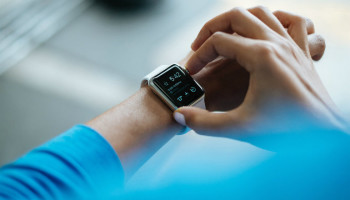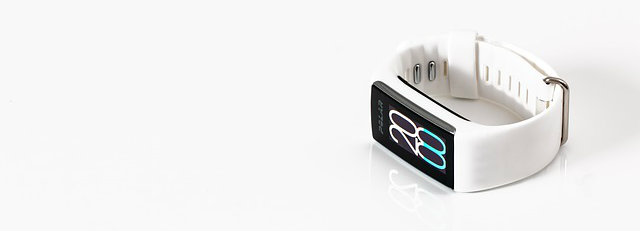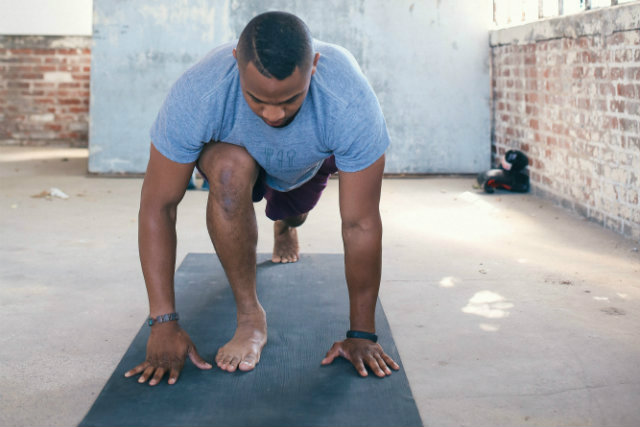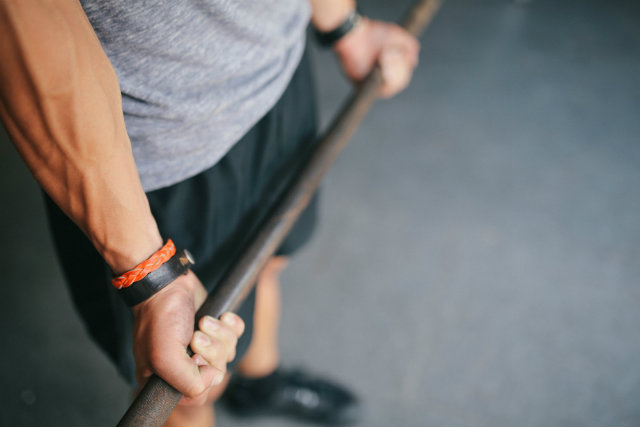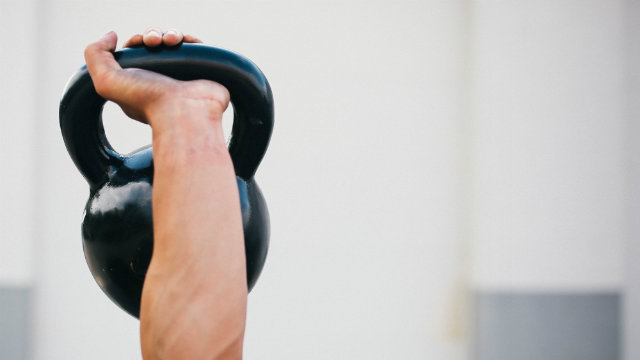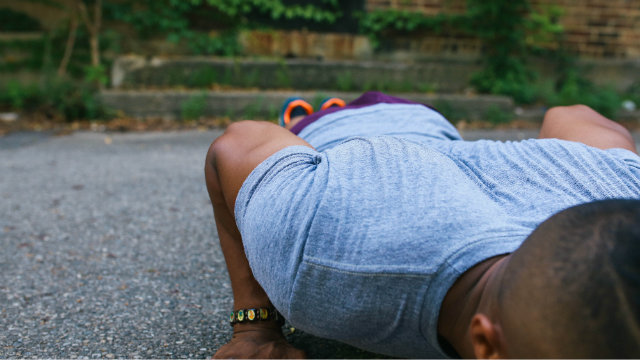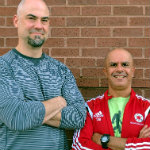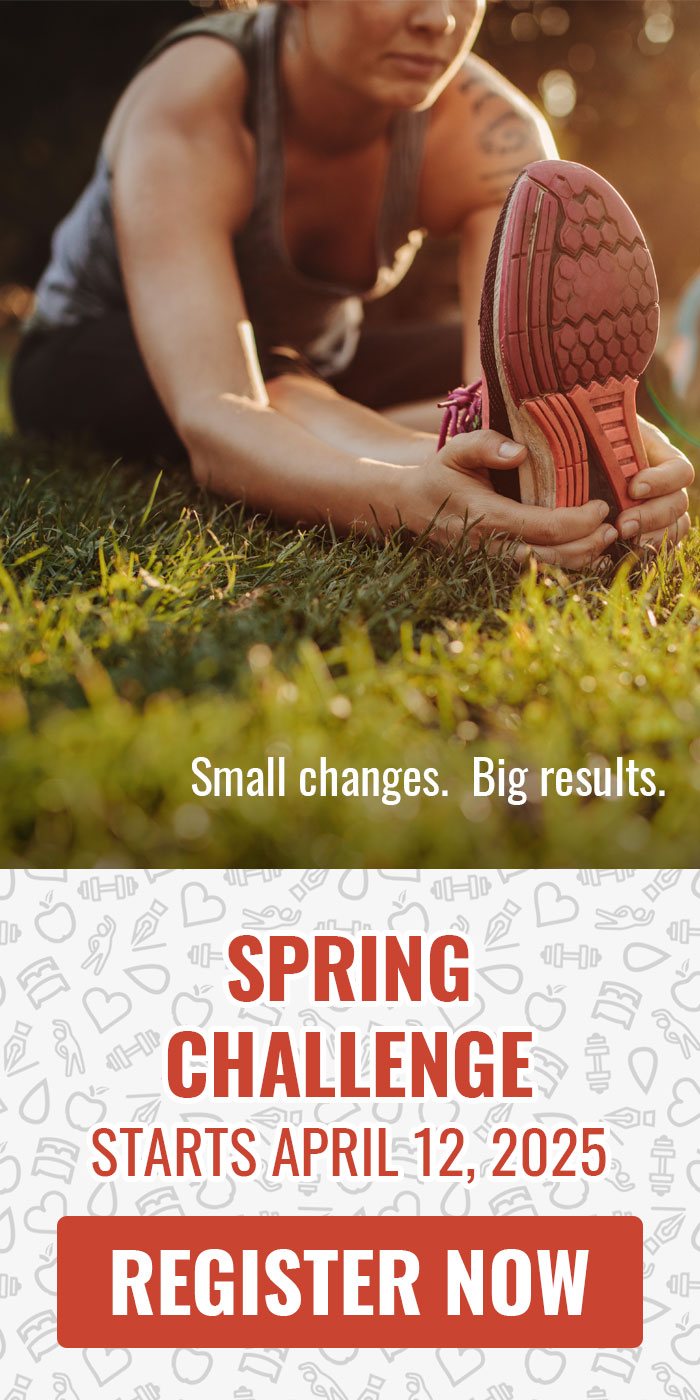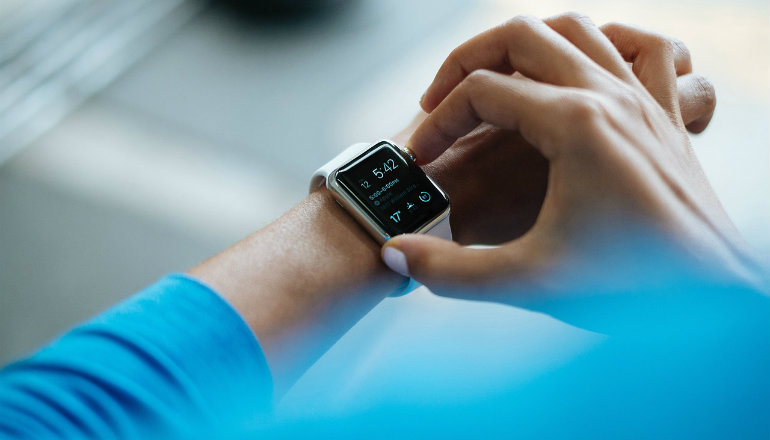 Reading Time: 8 minutes
Reading Time: 8 minutesFor many Americans, 2017 is the year that they will finally get in shape. So was 2010, 2011, 2012, 2013, 2014, and 2015. And so, too, will be 2018, 2019, 2020 and beyond.
It’s time to get off the fitness industry merry-go-round.
To that end, we offer the most radical (and effective) fitness advice you’ll get this year. Take that fitness wearable (Fitbit, Jawbone, Garmin, Apple watch, Misfit, Moov, etc.) you got as a holiday gift out to your garage. Wrap it carefully in a washcloth or hand towel, and put that into a Ziploc bag. Now, take a hammer and smash it to bits. Put it all in the trash.
You have now done the most useful thing you can do in your search for better health through improved fitness. Sure, you may offend the gift-giver who likely spent a couple hundred dollars giving you something that would do nothing of what it promised. But, that’s really no bigger waste than joining a gym where the staff’s most fervent hope is that you’ll sign up but never show up.
You think we’re wrong in dismissing the wearable craze? FitBit is failing, Jawbone is reported to be dropping fitness trackers, and CrossFit CEO Greg Glassman joins us in proclaiming fitness trackers as junk.
How Do You Even Measure “Fitness”?
Your fancy and now-dead fitness wearable doesn’t even begin to address the breadth of what fitness is. Is it only comprised of endurance, strength, stamina, flexibility, and power? Is it only about work capacity? What about the ability to control and sense our bodies? Where do agility, balance, accuracy, timing, and rhythm fit in the failed conventional view of fitness foisted upon Americans by the federal government and its partners like the American College of Sports Medicine?
What about our ability to recover from excessive/chronic stress? Chronic stress kills. It is linked to major diseases as diverse as depression, heart disease, and cancer, and it generally makes life unenjoyable. If we don’t deal with the chronic stress in our lives, is it possible to ever characterize ourselves as “fit”?
The personal pursuit of better health through improved fitness is just that — deeply personal and individualized, and no app or wearable can supplant a fundamental truth that applies to fitness as well as to any other form of self-betterment: the work is what matters, not the tool that records the work.
The central processing unit (CPU) that controls all action (and records it, too) is your brain. If you are willing to think your way through your strategy, you’ll discover you already possess the most valuable of all wearable devices.
Wearables Don’t Equal Mindfulness
There is no more sure way to find your fitness path than to get off the treadmill, Stairmaster, or recumbent bike (and especially stop trying to read while training), and get away from anything with a screen. A fitness wearable cannot deliver to you the reward of paying attention to the internal experience of movement and exercise — feeling your heartbeat, sensing your breathing, hearing your footfalls.
Immersion in the internal experience of fitness development is what will allow you discern for yourself not just what works for you, but what feels good. And, to paraphrase the old saying, if it feels good (before, during, or after), you’ll do it.
The physical work we find compelling will almost always be varied, novel, and satisfying; if it isn’t satisfying, it won’t be sustainable. Those three elements are stimuli that prompt us to seek out progressively more challenging levels of adaptation. So, regardless of what fitness “work” you choose to do, you should do it intentionally, with full engagement, and with an eye on how to shape it over time to avoid both boredom and insufficient stimulus to provoke the next level of adaptation.
The Magic of Taking Action
The fitness industry is an abysmal failure by every conceivable metric. This is due to three deep philosophical flaws:
- It markets fitness as a product as opposed to a state of being.
- It believes it can convert those who don’t want to be converted.
- Like its dysfunctional twin the healthcare industry, its purposes are subverted by arrogance and hubris, thus driving away the people who need it the most.
Great personal health is process-centered, not focused on a discrete endpoint, although it’s natural to set mileposts along the course of the journey. But after that, and here is where we part company with the conventional wearables/app crowd, it’s not about finding a way to build the discipline to act. It’s about acting, because that facilitates cultivation of personal discipline.
Action becomes a self-fulfilling prophecy by filling multiple roles:
- It is a short-term endpoint in and of itself. That you did something (it really doesn’t matter what it was; it could be as simple as taking a walk or buying a bag of apples instead of chips) is your first accomplishment. You now have something to repeat and build on.
- You get immediate positive feedback.
- You now have clarity about what you need to repeat, which makes repeating it far easier.
The conventional technology-driven approach to fitness puts people into the weeds without showing them a way out because of its implicit message that the device will fill the gap that impedes your success. The problem with this is that no one has any evidence it is true. An app or wearable can’t make your job less stressful, alleviate your childcare dilemma, or resolve an unhealthy spending habit that leaves you stressed out between paychecks. Nor can it teach you how to move willfully and safely.
But by simply taking a walk at lunchtime you can learn that doing so helps you blow off steam and return to your desk happy and energized and that it is a mind-opening and body-awakening action. Realizing that you can exercise in small snippets throughout the day, and even do so by just playing with your child, can have the same effect, as will recognizing that you can build an effective, low-cost whole-body-spirit exercise strategy with only one or two kettlebells and a little space in your home.
Discipline Is the Ultimate Fitness Wearable
We are not opposed to people using tools that help them plan increasingly sophisticated and effective fitness strategies. We have observed, however, that the people with the most resilient strategies that have withstood the test of time often use nothing more than a notebook and a pen. Their discipline is one borne of years, even decades, of action and the intuition that it is their action that produces results, even when it is imperfect.
Discipline begets not just results, but more importantly, freedom. The discipline of action — in philosophical terms, right thinking produces right action — frees you from the burden of widgets, gadgets, gizmos, lotions, and potions, all of which are crutches, marketing solutions for something other than the problem you have. Your right action, borne of discipline, will provide results. We promise it will.
Ironically, you will learn all of this more quickly and more sustainably, if you slow down.
Because fitness should be a process and not an endpoint, it also should not be a race for most people. You can only do fast what you already know how to do slowly. Anyone teaching you to do things fast when you cannot first do them well slowly is engaged in instructional malpractice, and fitness wearables implicitly encourage doing things faster by perpetually putting you on the clock.
Start this experiment simply. For example, consider that most fundamental movement, one taught (incorrectly) to grade school students around the world, the humble push-up. It’s one of the best whole-body strength exercises, and few people can do them well, in part because they’ve been taught how to do them wrong for years, if not decades.
During the lowering portion of the movement, most people drop to the bottom, literally losing half their work opportunity. Next time you do a push-up, pull yourself into the bottom position, moving slowly and with tension, as though someone was trying to prevent you doing so. Then, pause before you push back to the top. You will have just made it a completely different and far more effective movement, and we have not even talked about arm and leg position or breathing.
You are far better off doing (fewer) push-ups slowly, correctly, and with full engagement than you are trying to meet someone’s abstruse goal of doing as many as you can as fast as you can. So let’s distance ourselves from the idea that you need to blast yourself to oblivion a la The Biggest Loser in order to move in the direction of better health.
Follow Your Instinct to Find Success
You will have to exert another discipline in order to walk this challenging path.
You will have to accept that the crowd is wrong.
For that, we close with the words of philosopher Soren Kierkegaard:
“Truth always rests with the minority, and the minority is always stronger than the majority, because the minority is generally formed by those who really have an opinion, while the strength of a majority is illusory, formed by the gangs who have no opinion…”
But they do all have utterly worthless fitness wearables.
